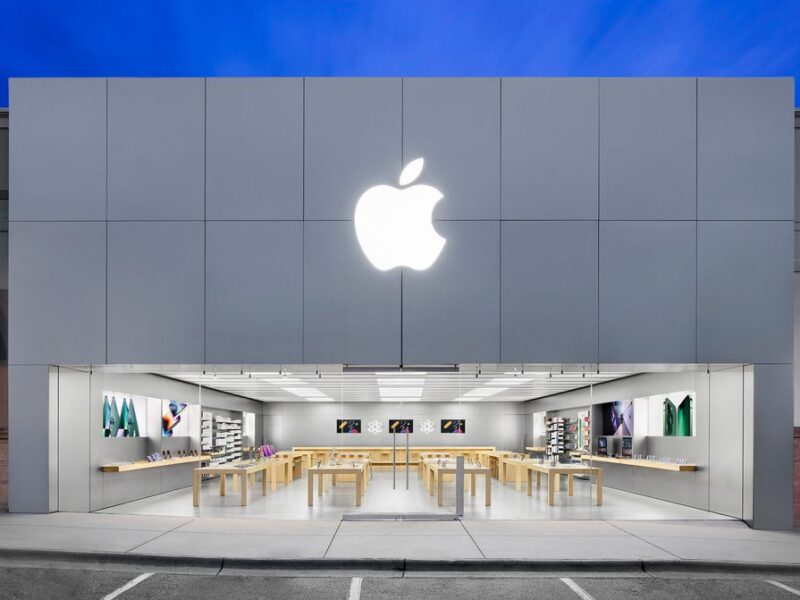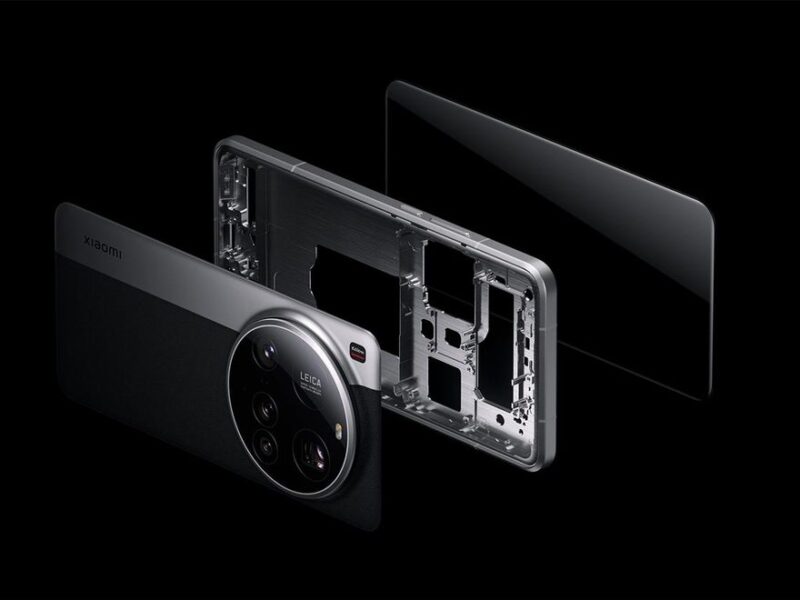The Qi2 wireless charging standard represents a notable advancement in the landscape of wireless charging technology, driven by the Wireless Power Consortium (WPC). With its core principles focused on magnetic alignment and enhanced energy efficiency, Qi2 builds upon the achievements of the original Qi standard, which has facilitated the charging of countless devices since 2008. As tech-savvy users increasingly seek seamless solutions for powering their devices, Qi2 emerges as a noteworthy development in ensuring compatibility and performance across a growing range of products.
What is Qi2 wireless charging standard?
The Qi2 wireless charging standard is designed to offer improved performance and user experience compared to previous versions. By incorporating features such as magnetic alignment, it allows devices to charge more efficiently while reducing energy loss. This standard aims to unify the charging experience across various devices, making it a crucial step forward in the wireless charging domain.
History of the Qi standard
The concept of wireless charging can be traced back to the innovative work of Nikola Tesla in the late 19th century. However, the modern era of wireless charging began with the introduction of the Qi standard in 2008. This universal solution enabled consumers to charge a range of devices effortlessly, establishing a foundational framework for the convenience of wireless power delivery.
Evolution of Qi versions
The Qi standard has evolved since its inception, adapting to the changing landscape of technology. Key versions include:
- Qi 1.0: Introduced basic charging capabilities with a maximum power output of 5 W.
- Qi 1.1 and Qi 1.2: These versions enhanced performance through improved efficiency and enabled fast charging, supporting up to 15 W to cater to more advanced smartphones and tablets.
Adoption and industry support
The rapid embrace of the Qi standard by leading manufacturers like Apple, Samsung, LG, and Huawei has solidified its dominance. Notable innovations, particularly Apple’s Magsafe introduced in 2020, have spurred further enhancements and interest within the ecosystem of wireless charging.
Qi2 in Android phones
With the debut of Qi2, select Android devices are now beginning to incorporate this standard. The HMD Skyline has emerged as a trailblazer among certified devices, with major brands like Samsung and Google planning to include Qi2 support in their upcoming models. This shift is set to enhance device compatibility and charging efficiency through features specifically designed for magnetic alignment, such as specialized cases.
Key features and improvements of Qi2
Qi2 boasts several significant enhancements over its predecessor, making it more appealing for both manufacturers and consumers:
- Magnetic alignment: This innovative feature allows devices to securely attach to chargers, improving charging stability and efficiency.
- Versatility: Qi2 aims to work universally with various devices, enabling a single charger to accommodate multiple electronics.
- Higher charging power: Although maintaining a maximum of 15 W, Qi2 enhances overall reliability and efficiency.
Comparative table of charging parameters
To better understand the advantages of Qi2, the following table provides a comparison of key charging parameters between Qi 1.2 and Qi2:
| Parameter | Qi 1.2 | Qi2 |
|---|---|---|
| Charging power | Up to 15 W | Up to 15 W |
| Magnetic alignment | No | Yes |
| Compatibility | Limited | Universal for all Qi2 devices |
| Efficiency | Dependent on precise placement | High due to magnetic alignment |
| Power range | 5 W, 7.5 W, 10 W, 15 W | 5 W, 10 W, 15 W |
| Charging distance | Up to 4 mm | Up to 5 mm |
| Security | Standard protections (overheating, overvoltage) | Advanced protections, including foreign object detection |
| Cooperation with accessories | Limited | Wide range of accessories, including magnetic cases |
| Energy performance | Average | High due to better alignment |
Comparison of Qi2 with Magsafe
When comparing Qi2 with Apple’s Magsafe, several differences highlight their unique functionalities:
- Compatibility: Magsafe is a proprietary system, primarily for Apple devices, while Qi2 is an open standard designed for a wide array of manufacturers.
- Energy efficiency: Both systems utilize magnetic alignment to minimize energy loss during charging, enhancing user experience.
- Security features: Both Qi2 and Magsafe include advanced safeguards, improving the safety of the charging process.
Future of Qi2 wireless charging technology
Given its robust design, improved features, and wide industry adoption, Qi2 is poised to play a significant role in the future of wireless charging technologies. As this standard gains traction, it promises to deliver a more cohesive and efficient charging experience for consumers and a diverse range of devices.

